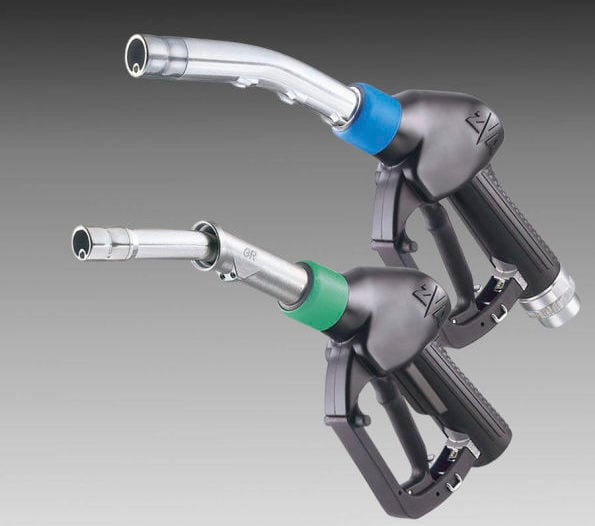Gas and diesel-fueled engines both offer distinct advantages and drawbacks. In comparison with one another, it’s difficult to determine which is more advantageous in terms of personal or hotshot trucking.
Drivers must consider a wide variety of factors when deciding the type of truck they are going to purchase, as these ultimately affect which engine provides a higher return on investment. To best identify the type of engine or truck that best suits your own hotshot operation, you must determine which motor strikes the right balance between performance, budget and fuel efficiency.
However, each driver will likely have their own set of guidelines as to what they’re looking for. For instance, one driver may want a high-performance engine, another may be looking for strong fuel economy while sacrificing overall horsepower. Keeping that in mind, here are a handful of things to evaluate before deciding on which engine best fits your hotshot needs. Learn all about it from the experts at uShip:
Upfront investment
Initial acquisition costs are often the first bridge to cross when it comes to running a hotshot operation or doing your own towing on the side. It’s important to know how steep the upfront cost of a gas or diesel truck may be. The average price of a diesel-powered vehicle is $5,000 more than a gas-powered version of the same model, Forbes said, citing research firm Vincentric LLC.
Winner- Gas
Back-end costs
Maintenance is another hidden cost that owners must make themselves aware of. Newer versions of diesel engines are designed to meet improved emissions standards, but the new technology also requires slightly more preservation on the back end.
Another important factor to keep in mind is that diesel engines are designed to last longer than gas-powered engines. While maintenance costs can cause a temporary headache, they may help avoid paying for a new truck some time down the road.
Winner- This could go either way, but we’re assuming you drive a lot of miles and having a truck that will last longer wins in our book- this one goes to Diesel.
Fuel efficiency
While gas-powered engines are typically more than $5,000 cheaper than diesel-powered trucks, the latter has been found to be more efficient in terms of burning fuel. According to the U.S. Department of Energy, diesel engines are 30 to 35 percent more efficient than their gas-powered counterparts. By design, diesel engines operate with a combustion process that’s cleaner and burns less fuel than a traditional gas-powered engine, which is powered by a conventional spark ignition.
Winner- Diesel
Cost of fuel
According to the latest information provided by the U.S. Energy Information System, both diesel and gas prices have dropped 0.34 percent and 0.59 percent respectively in the past 12 months. The price gap between the two, however, remains largely distant. The average cost of gasoline in the U.S. as of December 8 was $2.68 per gallon, while diesel fuel prices remained more than $3.50. The stark contrast between the two prices follows a trend that’s been prevalent over the past decade, according to Steve Jansen, a truck services account executive at Donlen, a Northbrook, Ill.-based fleet management company.
In fact, diesel prices have averaged 14 percent more per gallon than unleaded in the past decade, Jansen told industry publication Work Truck Magazine. What’s more, regular unleaded gasoline is more widely available for drivers with gasoline engines. If drivers spend too much time looking for a place to fill up, their towing productivity may suffer as a result.
Winner- Gas
Towing strength
The size, horsepower and torque of an engine will ultimately determine which type can tow more weight. However, Jansen says diesel engines may provide more of an advantage for heavy-duty trailers.
“The diesel engine is a more suitable choice if towing capacity is critical to your operation,” he told Work Truck Magazine. “The relatively high-compression ratio necessary to ignite diesel fuel allows the diesel engine to generate all its torque and power at a lower RPM.”
Winner- Diesel
And the overall winner is… Diesel. However, hotshot drivers interested in a class 3-4 truck and considering starting their own operation must first look at a number of factors and weigh the pros and cons based on what works best for them. The benefits and drawbacks of either engine may depend on an individual basis and driver needs.



